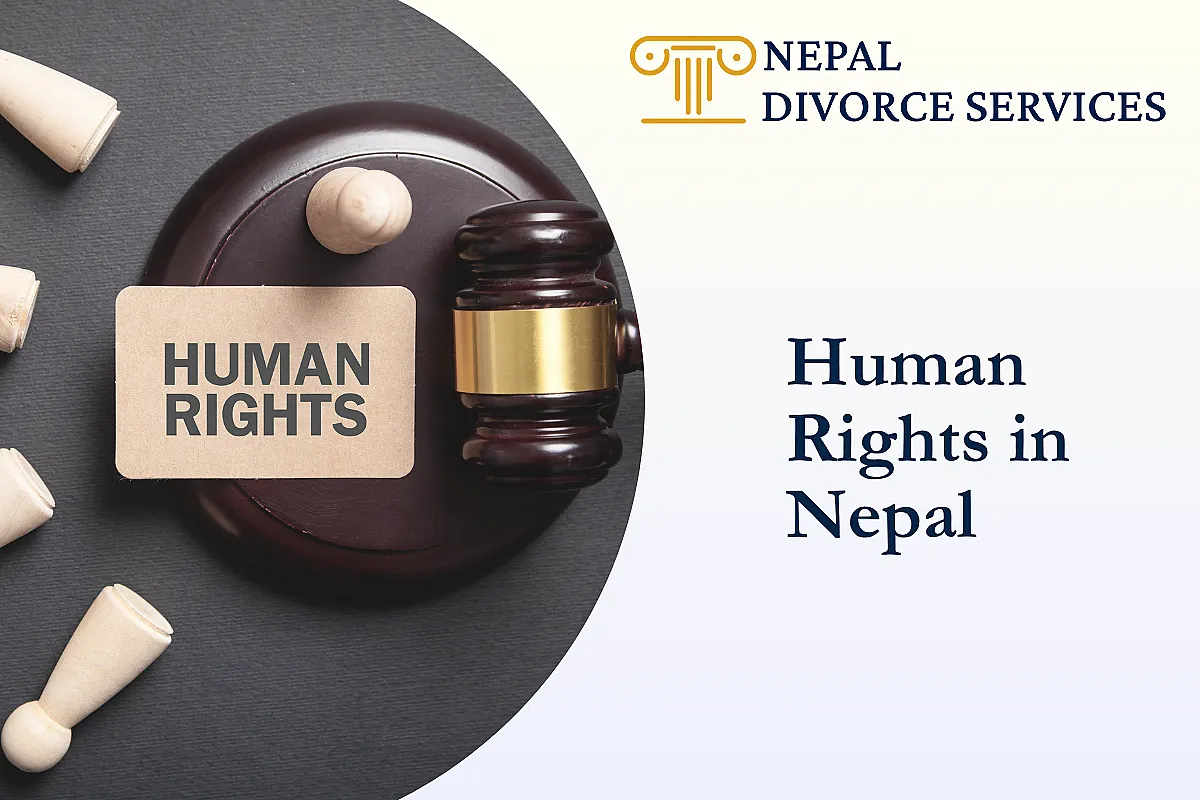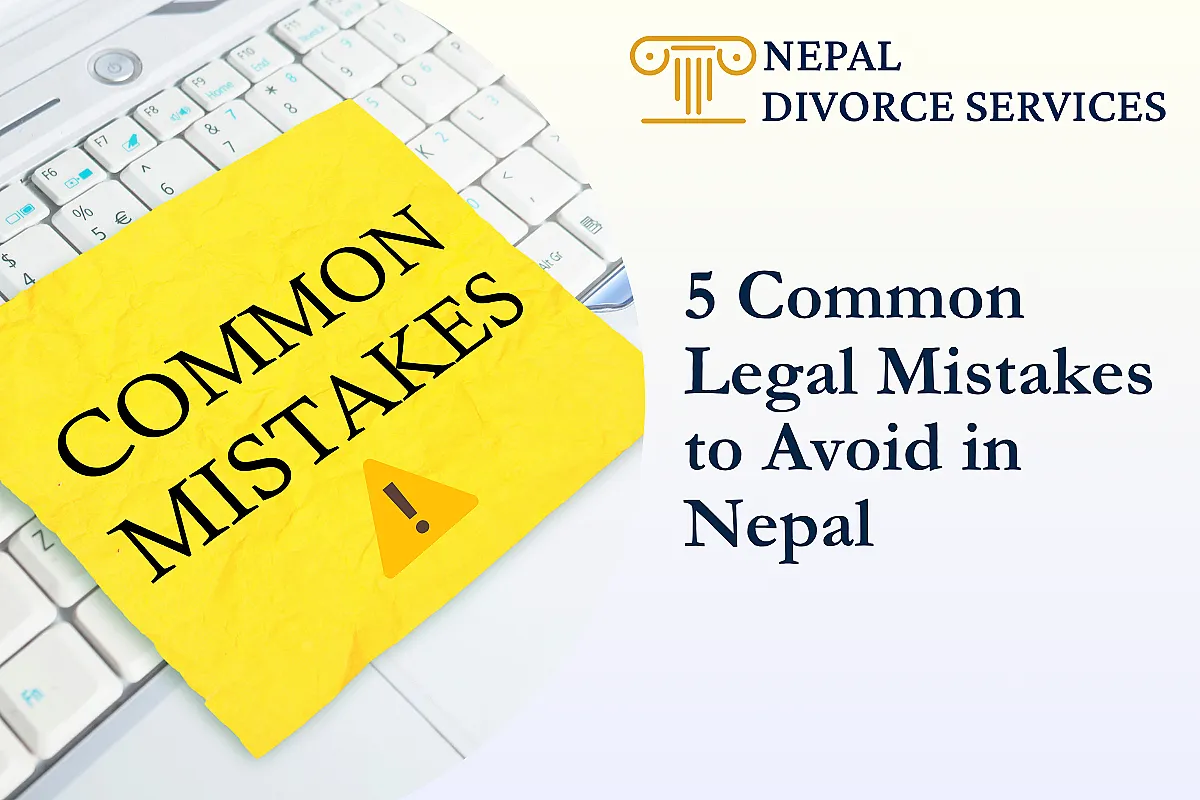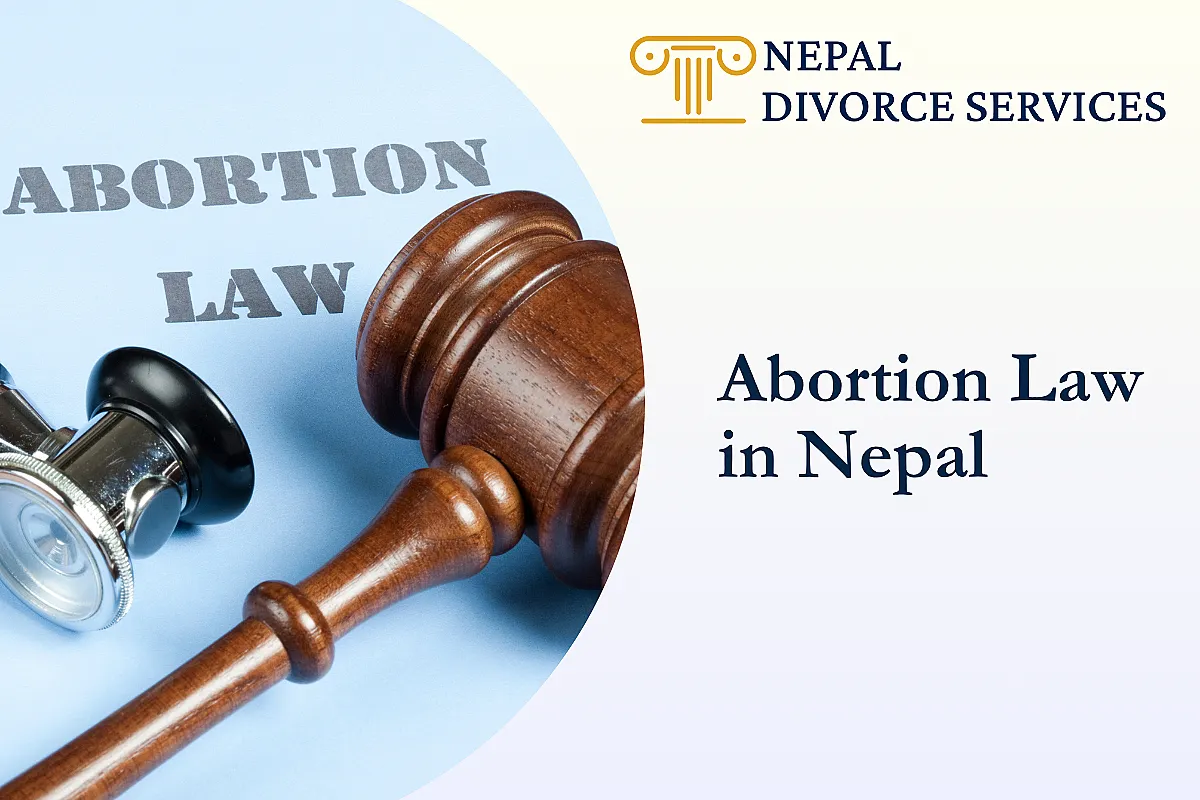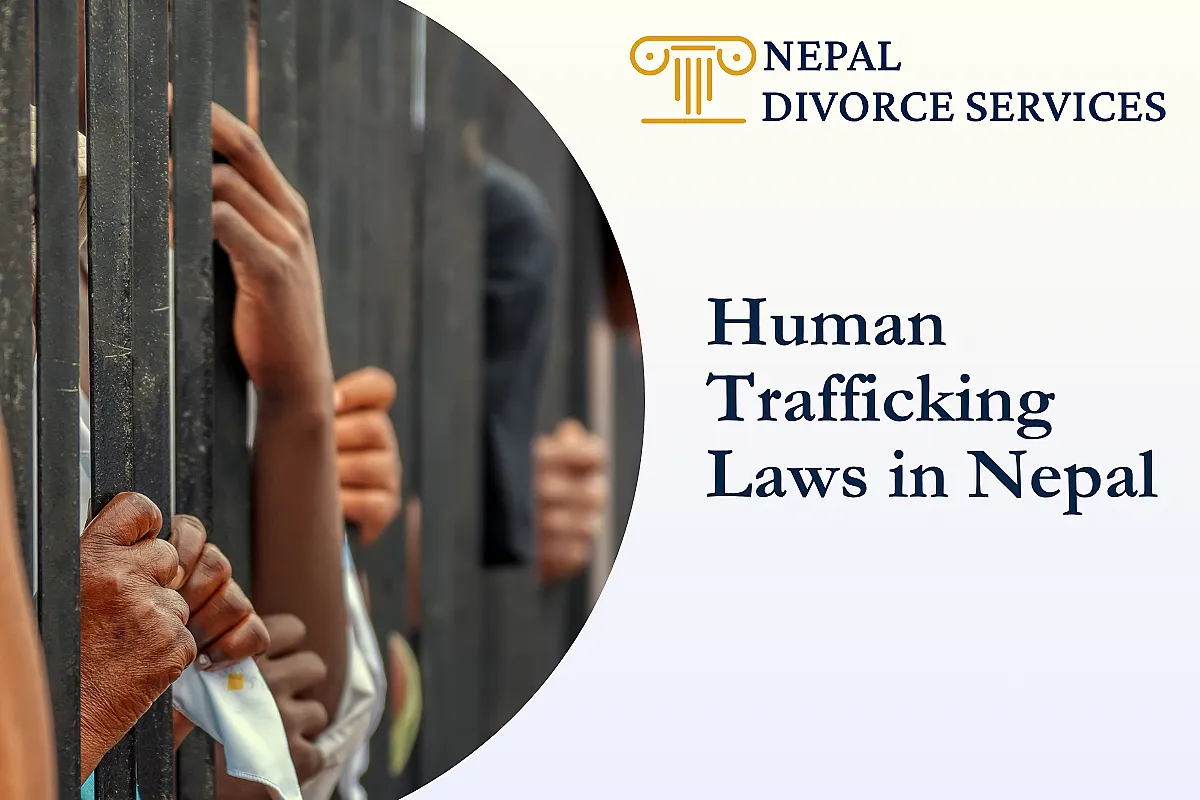Tag : Human Rights Lawyer
Human Rights in Nepal
Human Rights in Nepal are the rights and freedoms that are guaranteed to all Nepalese people by the constitution, laws and international treaties. Human rights include civil and political rights, such as freedom of expression, assembly, association, religion and fair trial, as well as economic, social and cultural rights, such as right to education, health, work, food and social security. Human rights also include the right to live with dignity, equality and non-discrimination. Human rights are essential for democracy, development and peace in Nepal. However, human rights in Nepal face many challenges and violations, especially in the context of the decade-long armed conflict between the government and the Maoist rebels from 1996 to 2006, which resulted in thousands of deaths, disappearances, displacements and abuses by both sides. The conflict also affected the human rights situation in terms of poverty, health, education, gender equality and social inclusion. Despite the signing of the Comprehensive Peace Agreement in 2006 and the promulgation of the new constitution in 2015, human rights issues remain unresolved and unaddressed in Nepal.
FAQ: Nepal New Law 2023
Nepal New Law 2023 is a term that refers to the changes and amendments made to the existing laws and regulations by the government of Nepal for the fiscal year 2023/24 (2080/81). The new law 2023 is announced through the Finance Bill, which is presented by the finance minister along with the annual budget. The new law 2023 may also include other bills that are passed by the parliament or enacted by the president during the fiscal year.
5 Common Legal Mistakes to Avoid in Nepal
Nepal is a country with a rich and diverse legal system, influenced by both its ancient traditions and its modern developments. However, navigating the complex laws and regulations of Nepal can be challenging for anyone, especially for foreigners or those who are unfamiliar with the local context. Here are some common legal mistakes that you should avoid in Nepal, and some tips on how to deal with them.
Divorce in Nepal: A Women's Perspective
Divorce is the legal termination of marriage between a husband and a wife. Divorce can have various legal, social, and emotional implications for both parties, especially for women in Nepal. In this article, we will explore the challenges and opportunities for women's rights in divorce proceedings in Nepal.
Corruption Laws And Framework In Nepal(2080)- Latest Legal Provisions
Corruption is a serious problem that undermines the rule of law, democracy, and development in Nepal. Corruption is defined as "offences punishable under Chapter -2" of the Prevention of Corruption Act, 2059 (2002 A.D.) which include bribery, embezzlement, abuse of authority, money laundering, and obstruction of justice. Corruption affects various sectors and levels of the society, such as politics, administration, judiciary, security, education, health, and business.
From Shadows to Sunlight: Nepal's Journey to Safe Abortion Access
Nestled amidst the majestic Himalayas, Nepal has embarked on a progressive journey towards reproductive rights, particularly in the arena of abortion law. Decades ago, unsafe abortions plagued the nation, claiming countless lives and pushing countless women into debilitating complications. However, through tireless advocacy and a commitment to maternal health, Nepal has transformed its legal landscape, offering hope and security to women seeking safe and accessible abortion care.
Human Trafficking Laws in Nepal
Human trafficking is a global issue that impacts men, women, and children in over 130 countries, including Nepal. Trafficking involves recruiting, transporting, or harboring individuals through force, deception, or coercion, often leading to exploitation in forced labor, sex trafficking, and organ removal. Nepal's Human Trafficking and Transportation (Control) Act, 2064 outlines strict penalties for traffickers, including imprisonment and fines for those involved in human trafficking, prostitution, or child exploitation. This guide provides an overview of the laws that aim to protect victims and reduce vulnerability, addressing key areas such as forced labor, sex trafficking, child labor, and organ trafficking.
Divorce Process for Foreign Citizens in Nepal
This article provides a detailed overview of the divorce process for foreign nationals in Nepal, highlighting key steps like residency criteria, petition filing, and court procedures. It also addresses specific concerns such as asset division, child custody, and spousal support. Whether both or one of the spouses is a foreign national, the article outlines how to navigate Nepal's legal system with the help of experienced divorce attorneys. The importance of legal representation and ensuring that the divorce is recognized internationally is also discussed.
Litigation in Nepal: Writ Jurisdiction
This article delves into the writ jurisdiction in Nepal, highlighting its role in protecting individual rights. It covers the five types of writs available—Habeas Corpus, Mandamus, Certiorari, Prohibition, and Quo-warranto—along with the conditions under which they can be issued. Additionally, it provides insights on how individuals can file writ petitions, including on behalf of others, and discusses the importance of these legal instruments in ensuring justice and accountability in governance.




-medium.webp)




